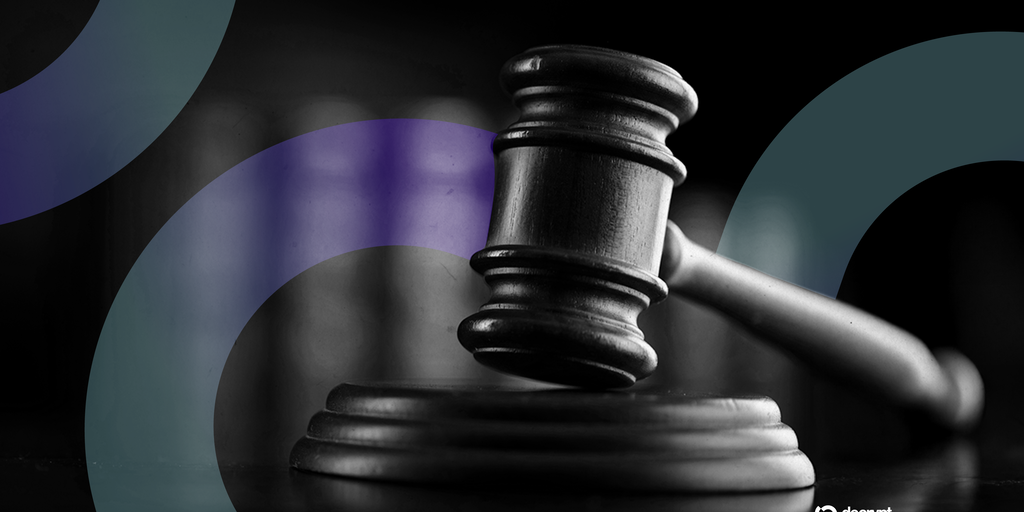
The cryptocurrency exchange Binance and its co-founder, Changpeng Zhao, are facing a fresh lawsuit over allegations of facilitating transactions connected to Hamas, a U.S.-designated terrorist organization. This legal action, filed in federal court in North Dakota, adds to growing scrutiny over the platform’s compliance and anti-money laundering practices.
Overview of the Allegations
The lawsuit, brought by families of over 300 Americans who were killed or injured in Hamas-related attacks, accuses Binance of inadequately monitoring and controlling transactions between 2017 and 2023. The complaint highlights the use of pooled wallets, weak customer verification processes, and limited record-keeping practices as key factors that allegedly allowed illicit activity to go undetected.
According to the plaintiffs, Binance’s structure, which includes offshore entities and no fixed headquarters, created a system that enabled funds linked to terrorist organizations to circulate freely on its exchange. Furthermore, it claims that Zhao directed employees to conceal customers’ locations and activities from U.S. regulators, making it difficult to trace transactions.
Why Binance is Under Fire
This lawsuit is not the first time Binance has been accused of regulatory violations. In 2023, the exchange agreed to a $4.3 billion settlement with U.S. authorities for failing to maintain an effective anti-money laundering (AML) program. As part of that deal, Changpeng Zhao stepped down as CEO and pleaded guilty to compliance-related charges. Zhao served a short sentence and was recently pardoned, but this new wave of scrutiny underscores growing concerns about the platform’s oversight.
Implications for the Crypto Industry
The case raises broader questions about accountability in the cryptocurrency space, particularly in light of regulations aimed at preventing illicit financial activities. Former U.S. Ambassador Lee Wolosky, representing the plaintiffs, stated, “The allegations make clear that Binance bears liability for its role in facilitating financial transactions tied to terrorist activities. We believe accountability is overdue, and the platform must face the consequences.”
Hamas’ attacks on October 7, 2023, claimed the lives of over 1,200 people, with hundreds injured and others held hostage. This lawsuit sets the stage for other potential legal challenges as victims’ families and regulators push for stricter monitoring practices in the crypto industry.
Enhancing Crypto Compliance
The lawsuit emphasizes the need for blockchain technology to evolve and strengthen its compliance infrastructure. Companies offering wallet services, such as Ledger, now play a pivotal role in ensuring transparency and assisting users in securely managing their crypto assets.
As cases like this unfold, users and industry participants alike should consider adopting platforms and tools with a strong commitment to compliance and user safety.






